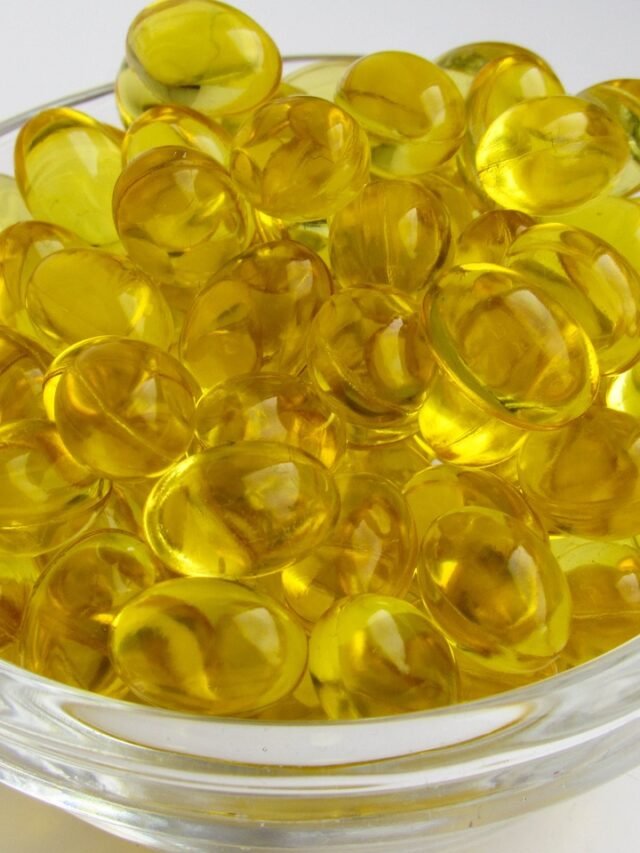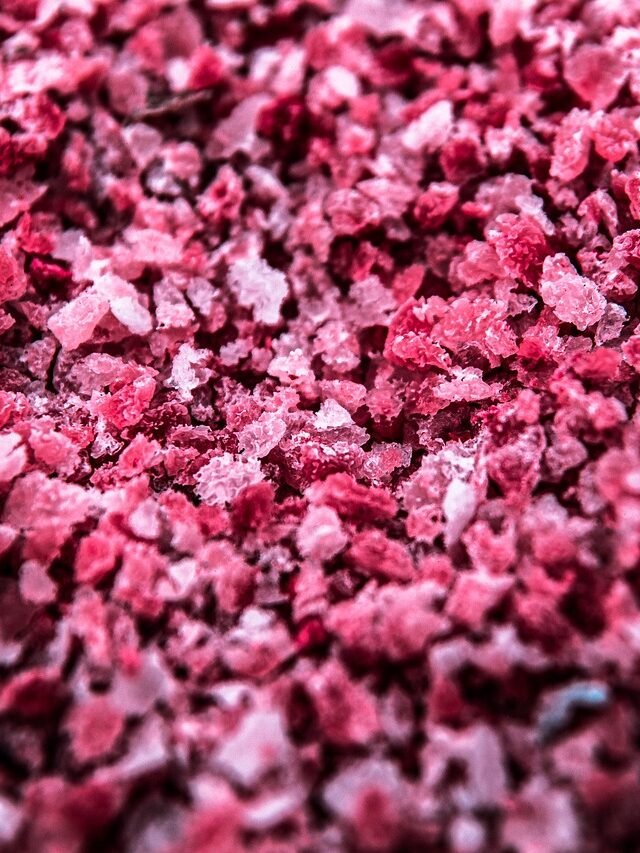Saturated Fat: Friend or Foe?
Debunking the Myths

What Is Saturated Fat?
Saturated fat is a type of fat that tends to stay solid at room temperature. It’s found in various foods, and its impact on health has been debated. Let’s break it down:
- Chemical Structure: Saturated fats comprise carbon, hydrogen, and oxygen molecules. Unlike unsaturated fats, they lack double bonds between carbon atoms, making them solid at room temperature.
- Sources: Most saturated fats come from animal products like beef, pork, and dairy. Tropical oils (think coconut and palm oil) also contain saturated fats.
The Controversy: Is Saturated Fat Unhealthy?
Health experts have differing opinions on saturated fat:
- The American Heart Association (AHA) has long labeled saturated fats as “bad” fats, linking them to heart disease risk.
- Research: However, recent studies have challenged this view. Some suggest no direct link between heart disease and saturated fat. Perhaps other factors play a role.
Effects on Health: The Good, the Bad, and the Ugly
Let’s weigh the pros and cons:
- The Bad (Cons):
- Cholesterol Impact: Saturated fat raises LDL (bad) cholesterol levels, potentially contributing to atherosclerosis (artery hardening).
- Heart Disease Risk: High LDL levels correlate with heart disease risk.
- The Good (Pros):
- Moderation: Not all saturated fats are villains. Some studies show no adverse effects when consumed in moderation.
- Plant-Based Unsaturated Fats: Unsaturated fats (liquid at room temperature) are heart-friendly. Think olive oil, nuts, and avocados.
Examples of Saturated Fats
Let’s identify the culprits:
- Animal-Based:
- Beef, especially fatty cuts.
- Pork, including bacon and sausages.
- Dairy Products: Cheese, butter, and whole milk.
- Processed Meats: Hot dogs, bologna, and salami.
- Plant-Based (Yes, They Exist):
- Coconut Oil: High in saturated fat.
- Palm Kernel Oil: Another tropical oil.
Unsaturated Fats: The Healthier Side
Unsaturated fats are our allies:
- Liquid at Room Temperature: Olive oil, nuts, seeds, and avocados.
- Derived from Plants: These fats promote heart health.
How Is Saturated Fat Made?
Saturated fats occur naturally, but we can also create them through hydrogenation. By adding hydrogen to unsaturated fats, we convert them into saturated fats. This process solidifies oils, creating products like margarine.
In Conclusion
Saturated fat isn’t all evil, but moderation is key. Opt for unsaturated fats when possible. Remember, a balanced diet matters more than villainizing any single nutrient.
Remember to share this post with your health-conscious friends!
References:
Your Comments
Saturated Fat: Friend or Foe? Debunking the Myths
drtaraikram.comMarch 21, 2024
Elementor #605
drtaraikram.comMarch 21, 2024
Unraveling the Enigma: Understanding the Symptoms of Dementia
drtaraikram.comMarch 17, 2024
Beating the Feeling of Impatience:
drtaraikram.comMarch 15, 2024
How Human Psychology & Behavior Affects Your Relationship
drtaraikram.comMarch 15, 2024
Edit Template












